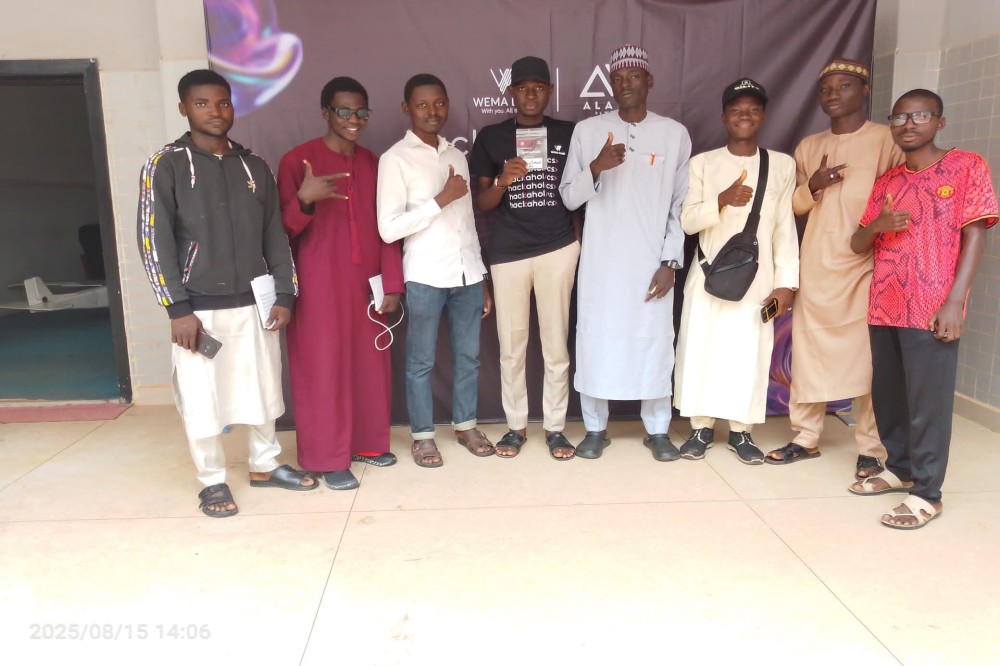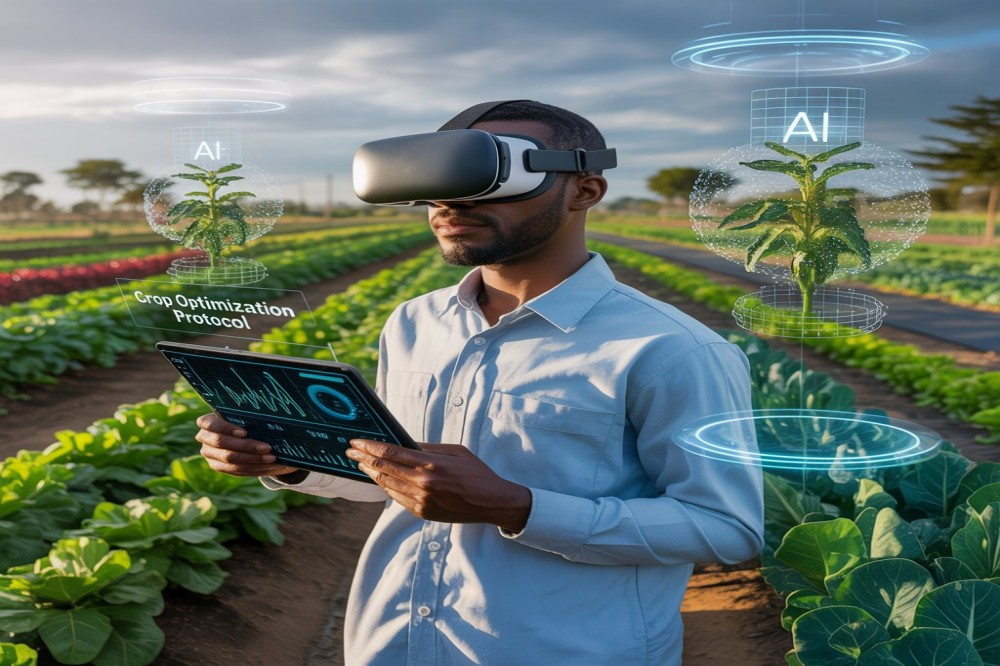
- Mar 2024, 10:50 AM
The Future of AI in Africa: Opportunities and Challenge
Exploring the Potential and Navigating the Roadblocks
Artificial Intelligence (AI) is rapidly transforming industries across the globe, and Africa is no exception. From agriculture to healthcare, finance, and education, AI has the potential to revolutionize how problems are solved and services are delivered. Its adoption in Africa can drive innovation, economic growth, and social development at an unprecedented scale.
One of the greatest opportunities AI presents in Africa is enhancing agriculture. Smart farming solutions powered by AI can help predict crop yields, detect plant diseases early, and optimize irrigation. This not only increases productivity but also supports food security for a rapidly growing population.
In the healthcare sector, AI can improve diagnostics, automate administrative tasks, and enable remote medical consultations. AI-driven tools can help healthcare providers reach underserved communities, reducing disparities in access to quality healthcare.
However, AI adoption in Africa also comes with significant challenges. Limited infrastructure, lack of digital literacy, and insufficient access to data can hinder widespread AI implementation. Additionally, ethical considerations, such as data privacy and algorithmic bias, must be carefully managed to ensure AI benefits society fairly and equitably.
To fully harness the power of AI, African governments, private sector players, and educational institutions must collaborate. Investments in technology infrastructure, AI-focused education, and supportive policies can empower local innovators and startups to develop AI solutions tailored to Africa’s unique challenges.
In conclusion, AI presents Africa with enormous opportunities to drive innovation, improve livelihoods, and solve complex societal problems. By addressing the challenges strategically, the continent can position itself as a global hub for AI innovation in the coming years.



